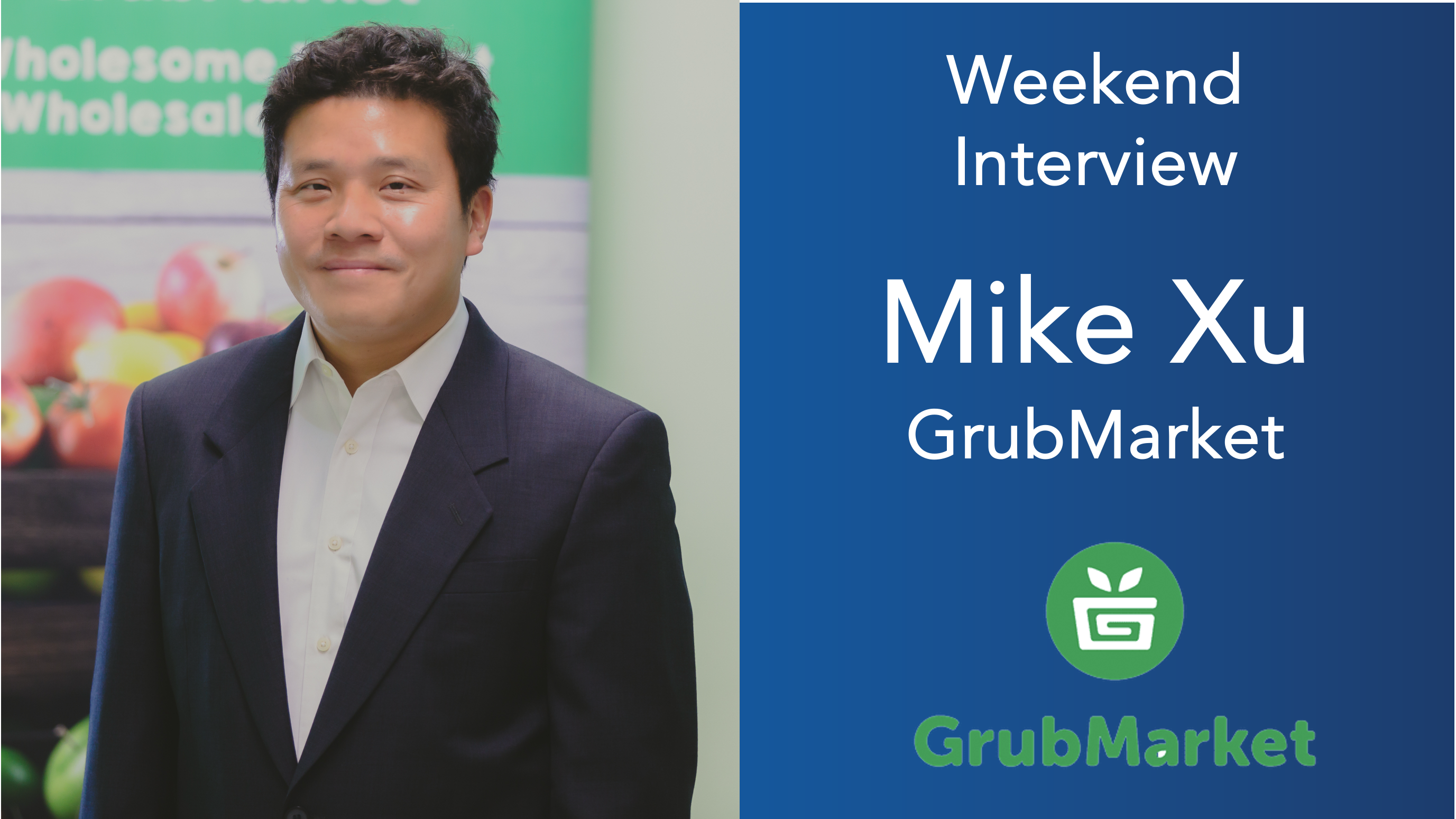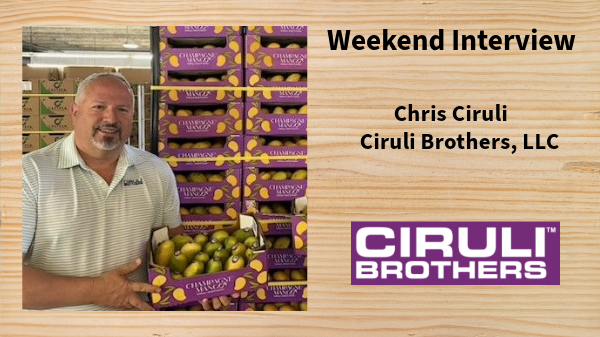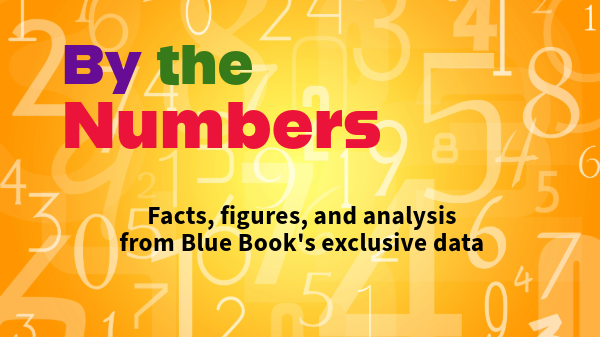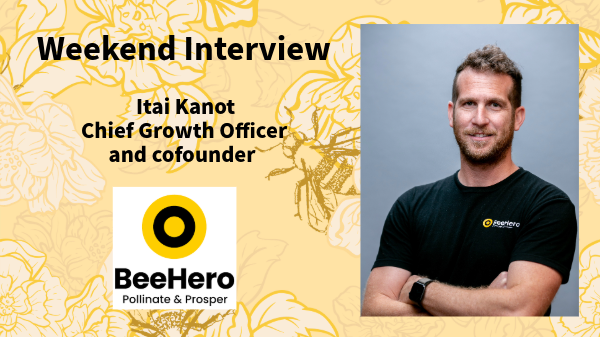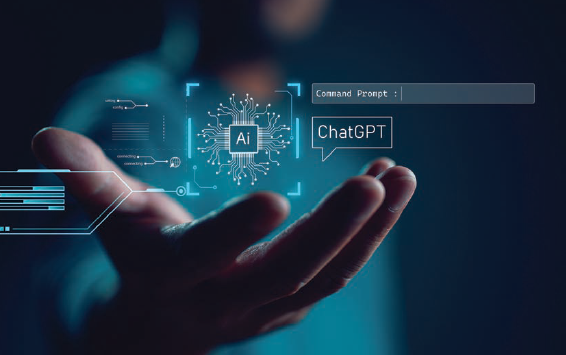Welcome to Blue Book!
Are you ready to join the thousands of companies who rely on Blue Book to drive smarter decisions? View our plans and get started today!
Still have questions? We’d love to show you what Blue Book can do for you. Drop us a line– we’ve been waiting for you.
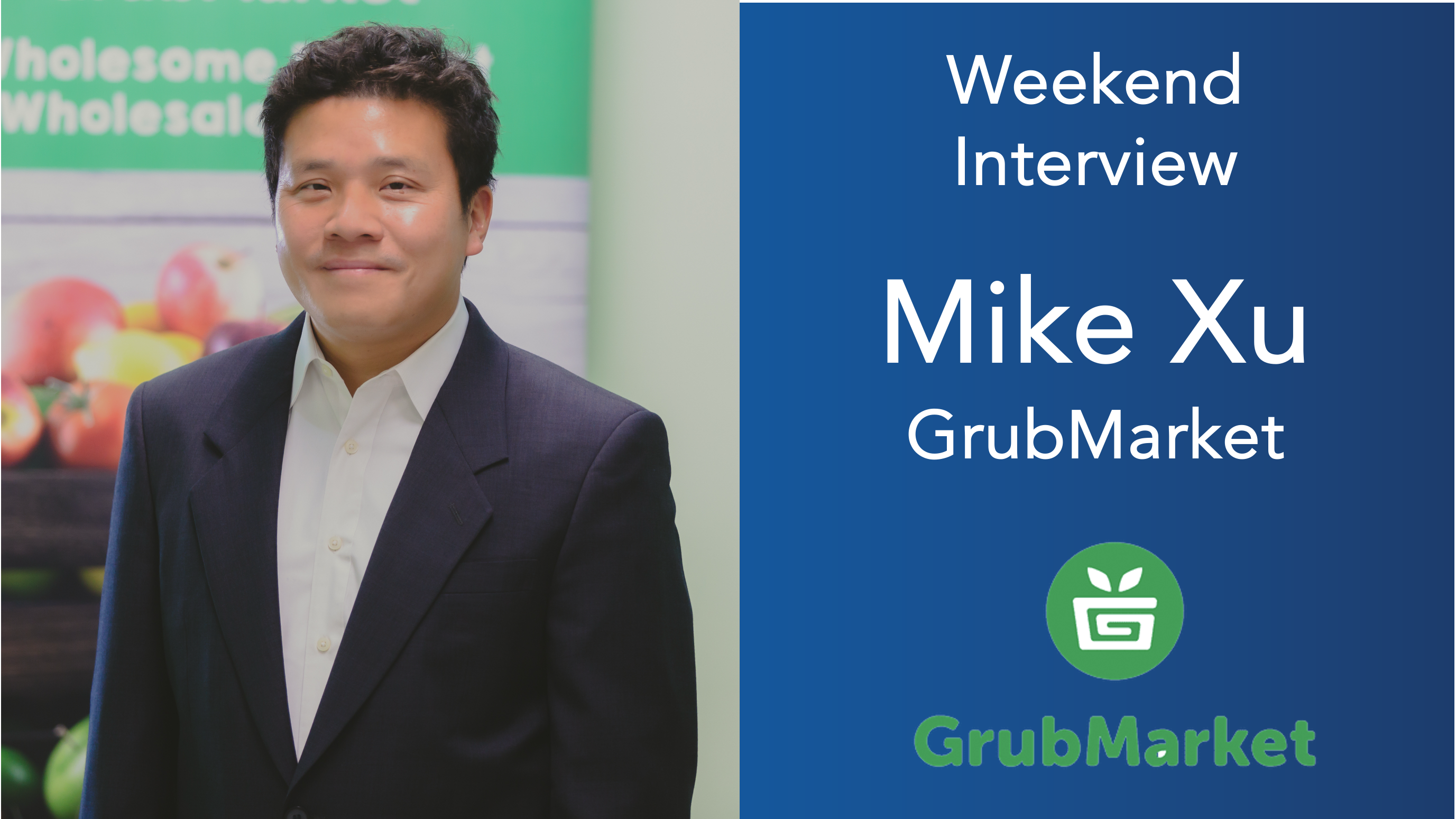
In this article
Mike Xu is the founder and CEO of GrubMarket, Inc. His softspoken demeanor belies his high intensity and high IQ—both necessary to sit on top of his $3.5 billion produce technology company.
GrubMarket offers a suite of ERP, eCommerce, and AI software products that is “on a mission to digitally transform the American food supply chain.” It also has a network of subsidiaries across the United States serving all formats of customers, from national retailers to local restaurants.
You could say Xu’s upbringing in rural China planted the seeds for his deep appreciation of the produce industry. His interest matured while attending graduate school at the University of Wisconsin, where he rented land to plant crops.
Ultimately, his passion blossomed in 2014 when he founded GrubMarket—originally intended to be a marketplace for cottage goods, including locally grown produce.
Xu says, “In that summer I happened to source organic cherries directly from a farm in Northern California and put them on sale at GrubMarket.com to consumers in the San Francisco Bay Area.
“I was able to quickly get traction because my price was about 50 percent below Whole Foods, even after I made good margin. This really inspired me—I was able to see the inefficiencies in the food supply chain.”
His produce roots aside, Xu is a highly credentialed software engineer. With undergraduate and graduate degrees in computer science, he spent much of his career before GrubMarket advancing through the ranks at companies like eBay, Oracle, Rocket Lawyer, and Brightidea.
As a resident of the San Francisco Bay area, whenever he finds the time, Xu’s an ardent supporter of the Golden State Warriors and his alma mater’s Wisconsin Badgers football team. And true to his roots, he still tries to find time to tend to his garden.
I was able to quickly get traction because my price was about 50 percent below Whole Foods, even after I made good margin. This really inspired me—I was able to see the inefficiencies in the food supply chain.
Q: The produce industry is often seen as lagging in AI adoption. Where are the best use cases emerging?
When we talk about AI applications in the produce industry, I like to first talk about principles of good practice. We are forerunners in introducing AI to produce companies, so I’ve had a lot of opportunity to think about how this will work.
The application of AI will generate more work and more jobs, because company owners will make more profit and can use that to expand their businesses and hire more people.
Yes, there is some potential AI could impact jobs—for example, robotics may replace some warehouse workers—so we need to be very careful. But overall, AI should not reduce jobs in this industry but rather increase jobs in this industry.
There are a few best practices and use cases. Generally, AI is great at automating manual data processes—the more the industry relies on the manual collection, transformation, and analysis of data, the greater the impact of AI.
For example, AI can be used to generate digital orders from offline communications.
We’ve seen foodservice businesses with an operation model like this: every afternoon, restaurant customers call and leave voicemails with their orders. And then, early the next morning, the salesperson comes in and listens to all the voicemails and writes down the orders.
AI can easily collect the information from voicemails, emails, text messages, and the like and enter the information directly into the digital system.
Another use case is an AI-powered business intelligence tool with a conversational user interface. You can just talk into your phone in a casual way like, “Tell me how much profit we generated last week?” or “Who was my best salesperson last month?” or “What are the margins for each of our salespeople?”
I don’t think AI can replace relationships. In-person meetings and relationship-building will continue to be critical to doing business in this industry.
Q: How does AI impact the relational, people-driven nature of the produce business?
I don’t think AI can replace relationships. In-person meetings and relationship-building will continue to be critical to doing business in this industry. However, AI can augment relationships—it can help you automatically follow up with someone or trigger rule-based communications.
I’ll give you a very simple example: you met a potential customer at a trade show. The system can detect that, and then, based on the information, automatically trigger follow-up emails.
Or, let’s say the potential customer mentioned to you, “Tomorrow is my anniversary with my wife”—the system can pick up certain special days and help you remember to follow up.
So I think AI can help digitally enhance relationships, but it cannot replace relationships or the in-person connections formed in this industry.
Q: How can small produce firms use AI to compete with much larger players?
Ironically, big players like to invest more in technology—they tend to jump in earlier than small and medium players, but AI is really a perfect tool for smaller companies to use to compete with larger players.
If AI is set up in the right way, smaller firms can generate many productivity improvements and also gain from business intelligence insights that will help them better compete with large firms. AI can be a perfect tool for this purpose.
Q: GrubMarket has acquired many companies. What technology needs or accelerators do you consistently see?
We work with the people and companies that we acquire to leverage their use cases to further enhance our software products, and we work with them to test our AI technologies before we roll them out to the market.
The acquired companies can also sign up for our AI technologies to apply to their business and help them generate more synergies across both the supply side and demand side.
Our AI tools help with business intelligence, cash flow intelligence, order extraction, etc., all to increase the ease of generating orders and making data-driven decisions, and ultimately, to make more money.
Our AI tools help with business intelligence, cash flow intelligence, order extraction, etc., all to increase the ease of generating orders and making data-driven decisions, and ultimately, to make more money.
Q: Is there a “point of no return” for companies that delay investing in AI?
Digital adoption still has a long way to go in this industry. There are still many places where manual power is needed.
So I think there could be scenarios where companies may fall behind in AI technology adoption, but I don’t think we’re yet at a stage where they would be unable to compete.
It’s still very tough for AI to catch up with human intelligence.
The timing for companies falling far behind in AI technology adoption to put them into a very bad position in the industry—I think that’s still quite a few decades away.
Q: What’s the easiest way for companies to start exploring or investing in AI?
They can work with people like us. It’s much easier to work with insiders in the industry who have relevant experience and know what good AI technology can do for their businesses instead of working with companies like Oracle or SAP that have no experience in the produce industry.
We’re more than happy to be early contributors and to help the industry to see how AI can support and benefit their businesses.
There definitely is a difference—a big difference—between how our company is working with AI compared to other big players.
For example, internally we use NetSuite for accounting, which is an Oracle product. But we’ve had to make many customizations for the product to suit our business needs.
This has created a lot of work and extra expense for us, since we’ve had to implement logic that’s very common for the produce industry, but not common for Oracle.
The same thing is true with AI technologies—if you work with a general tech provider, it would be very hard to get started—it’s better to work with people who already have produce industry experience.
There definitely is a difference—a big difference—between how our company is working with AI compared to other big players.
Q: Looking ahead, what trends or innovations are you most excited about in the next 5 to 10 years?
There are great things we can do for this industry—it will require a lot of work surrounding technology and digital transformation, both in AI software and AI embedded hardware.
Smart warehouses is probably one of the first areas—how can we get all the parts of the warehouse highly integrated in a very intelligent way, so you can keep produce in the best shape?
Also, for logistics, for example, how can we use drone technologies to take heavy loads and transport produce across the country or across regions?
These will all help us address fundamental things like disparity and access to fresh produce across the country.
Our company will definitely continue to invest in such technologies as we grow.



